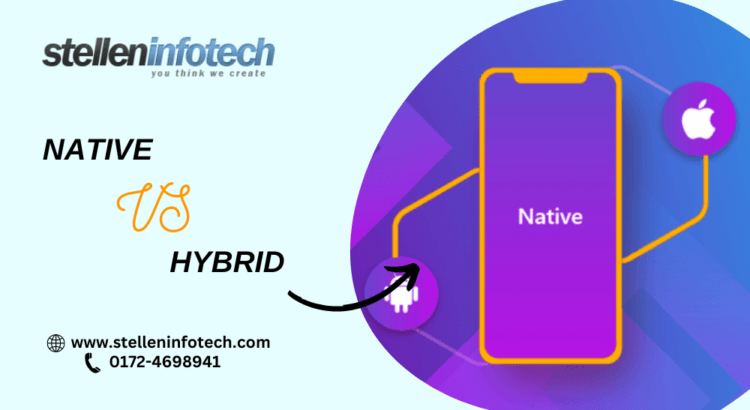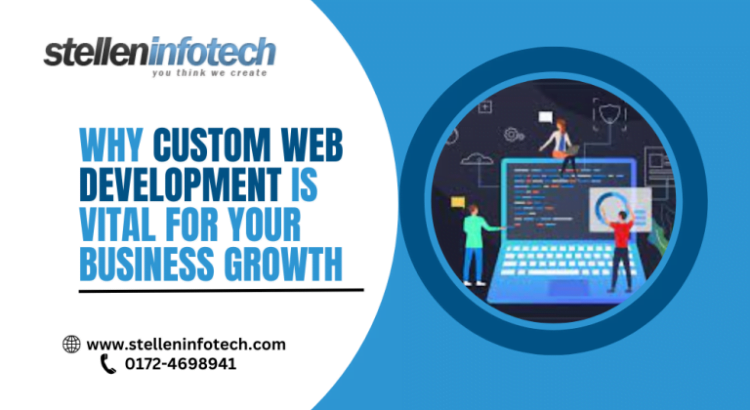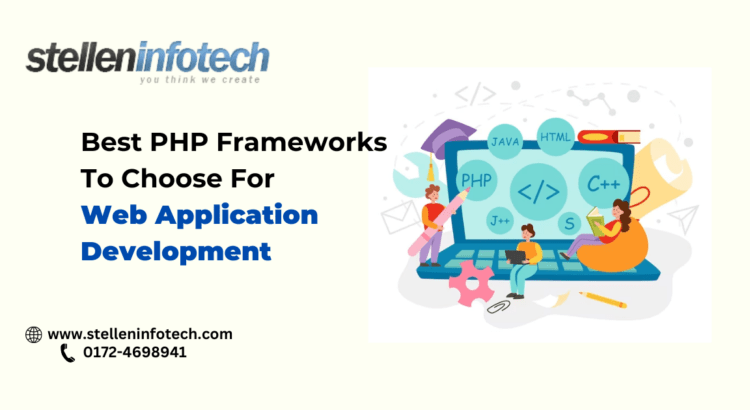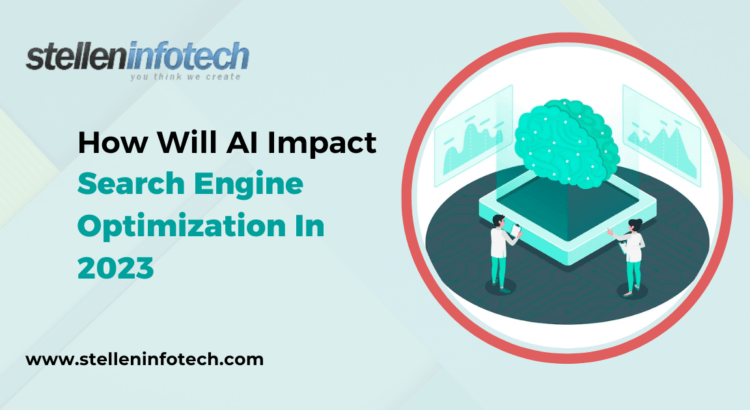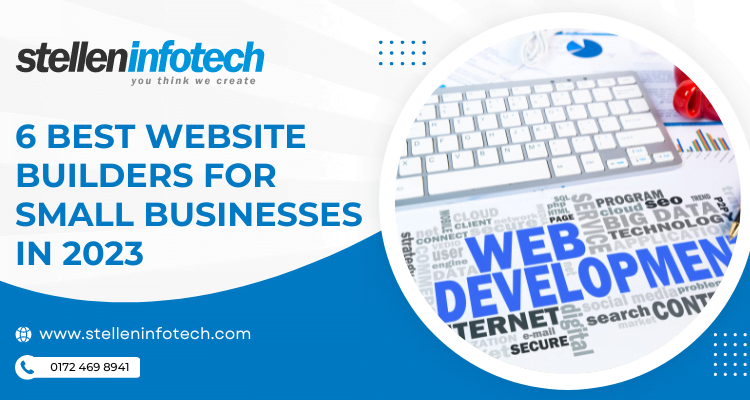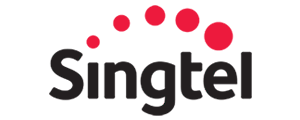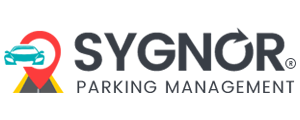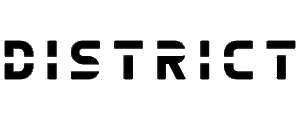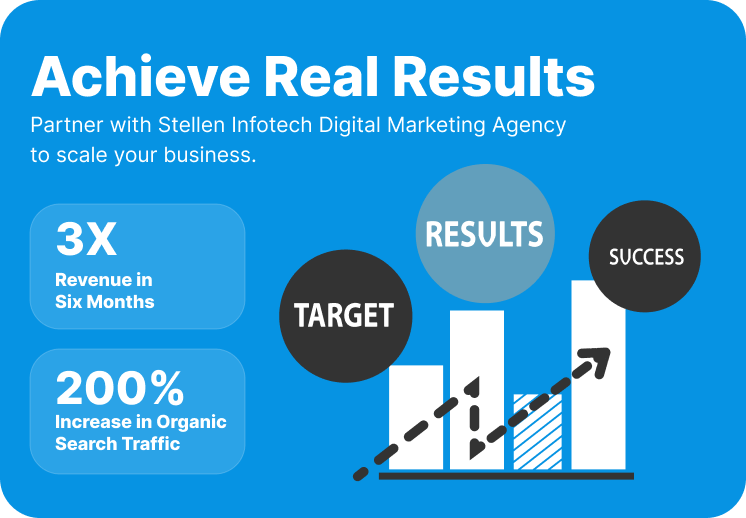Establishing a long-term relationship with customers by providing them with a robust platform, by all means, to connect with, definitely sounds fascinating. The year 2023 and the forthcoming years are alarming for businesses aiming to provide a seamless user experience. Usually, with advanced IT security features in web development. Watching out to defend your users’ internet-connected devices, comprising smartphones and desktops, by malicious attacks from cyber criminals, hackers, and spammers, are highly needed. Following the result-oriented practices and tools proposed by experts from Web Development Company can keep potential hackers away from breaching crucial website data resulting in financial losses.
Read this informative blog post until the last, to get educated about the powerful cyber security tools and practices in web development.
5 Powerful Tools For Cyber Security In Web Development:
1. WP Scan:
The first cyber security tool in the list is WPScan. A great and highly suggested powerful tool for businesses having a decisive approach towards building WordPress-powered websites. Its appealing range of features comprising excellent themes and plugins. Also, it has a vast database for known vulnerabilities and deformities makes it potent against cyber threats.
Primarily, the WPScan tool is free and can get easily downloaded on every server from GitHub. Along WPScan being considered fantastic for checking security issues on WordPress, it can even combine with other security checker tools. Ultimately, to accomplish the goal of targeting vulnerabilities on every website of general interest.
2. Sucuri Site Check:
Another effective and powerful scanner that automatically scans the website, ensures that malware and suspicious redirects are spotless is Sucuri Site Check. It is one of the most popular and eases available security tools on the internet. It offers a range of safety features. It allows individuals, entrepreneurs, and businesspersons to scan their websites for viruses and malware activity.
Various companies operating at different scales have found this tool is of use to make potential improvements in website safety features. In addition, its WordPress plugin and specific appealing security functions are free for users with an add-on paid service. Ultimately, to accomplish the niche of offering more robust website security checking.
3. Virus Total:
Virus Total is the most potent URL scanner tool that analyzes and effectively checks how secure a website is. To do so, it provides an online service that analyzes suspicious files and URLs that detects malware and malicious content types.
Broadly, it uses antivirus engines and website scanners to present a detailed security check report comprising detailed information about malicious files and external URLs within the website. Further, this tool utilizes anti-malware software smartly to identify possible potent viruses, trojan threats, or worms.
4. Detectify:
A free trial for 14 days is available on detecify, followed by a paid security check service for extensive vulnerabilities suspicion. Integrating this software tool within your website’s security system performs a scan extensively for over 1,500 vulnerabilities. Additionally, this scanner uses crowd sourcing with support from over 150 ethical hackers to build and automate security check tests.
5. Mozilla Observatory:
Another absolutely free tool for website owners looking for a web development solution that checks for website security with third-party platforms is Mozilla Observatory. In addition, this powerful tool ensures and provides results broken into four sections. These sections comprise:
SSH Observatory
-TLS Observatory
-HTTP Observatory
-Third-Party Tests
Mozilla Observatory is a tool that is 100% free and does not require additional payment or charges for security services. Additionally, this tool accelerates towards informing about the best practices to secure websites from cyber threats.
4 Result-Oriented Practices For Cyber Security In Web Development:
1. Conduct Regular Assessment Of Security Threats:
Every business is unique, special and different. So, do its business website’s offerings comprising products and services. The same goes for the benefits web development provides. Each website impacts its foundation that is business differently and uniquely. Likewise, effectively analyzing the malicious threats before actually developing and launching a website for your business needs to be prioritized. Furthermore, conducting regular assessments to identify security threats can reduce the chances of malicious threats at a high rate. Thus, encompassing within your robust business’s website.
2. Use Proper Encryption For Confidential Information Protection:
Data encryption is the most effective security method and commonly used for protecting the confidential information of the data transmitted using the internet. Properly implementing encryption is a sound choice for providing a protection mechanism against crucial data breaches. Generally, it constitutes stealing or extracting the whole database of a business’s unique and essential information enlisted on its website.
Converting the easily readable plain text by humans into an incomprehensive text, ultimately known as ciphertext, is the best way to ensure safety against cyber threats. Further, effective data encryption guarantees that no individual other than the data owner or legitimate data recipient can read or avail access to the critical information.
3. Always Have A Plan For Backup And Recovery:
Web development is certainly a time and consistent effort-consuming project. Understanding the seriousness of developing and implementing a backup and recovery strategy is central to recovering primarily crucial data in case of any malicious attacks (malware or virus). It is evitable that cybercrime is on the rise, and the adverse impact is constantly increasing with advancements in growing technologies and techniques for hacking.
Data backups come in handy and allow for recovery against data corruption. Strategically, making a decisive choice against data recovery at the time of web development from a web developers company can help. For businesses to stand still and strong against cyber crimes, creating and storing copies of data listed on the website is highly necessary.
4. Update Vulnerabilities In Your Web Application Security Checklist:
Analyzing the forthcoming expected security risks and planning is vital. It helps to make decisive action based on adverse and impactful results and reduce the likeliness of cyber threats. Businesses can strengthen their web development security in current internet-based threats by making an action-driven approach.
Taking preventive measures towards discovering, updating, and managing vulnerabilities during the web development security process are highly essential. Businesspersons can use intelligent scanners consistently to spot and settle vulnerabilities during web development.
Conclusion:
In conclusion, cyber crime is rising, and businesses should integrate powerful tools and follow result-oriented practices to be immune. So, take the checklist factors on board during developing a web development solution for your business to ensure safety against cyber attacks.
Now that you are aware of the practices and powerful tools, it is time to take action by implementing them all in your website development. Also, by implementing the best within your website, you can customize it according to your requirements by integrating advanced security features. As you know custom web development is important for business growth. Whatever you want can be best done by selecting the right custom web development company. Luckily, Stellen Infotech is at your convenience. A leading company in the market catering to developing websites prioritizing security to avoid loopholes hindering the overall growth of your business.



